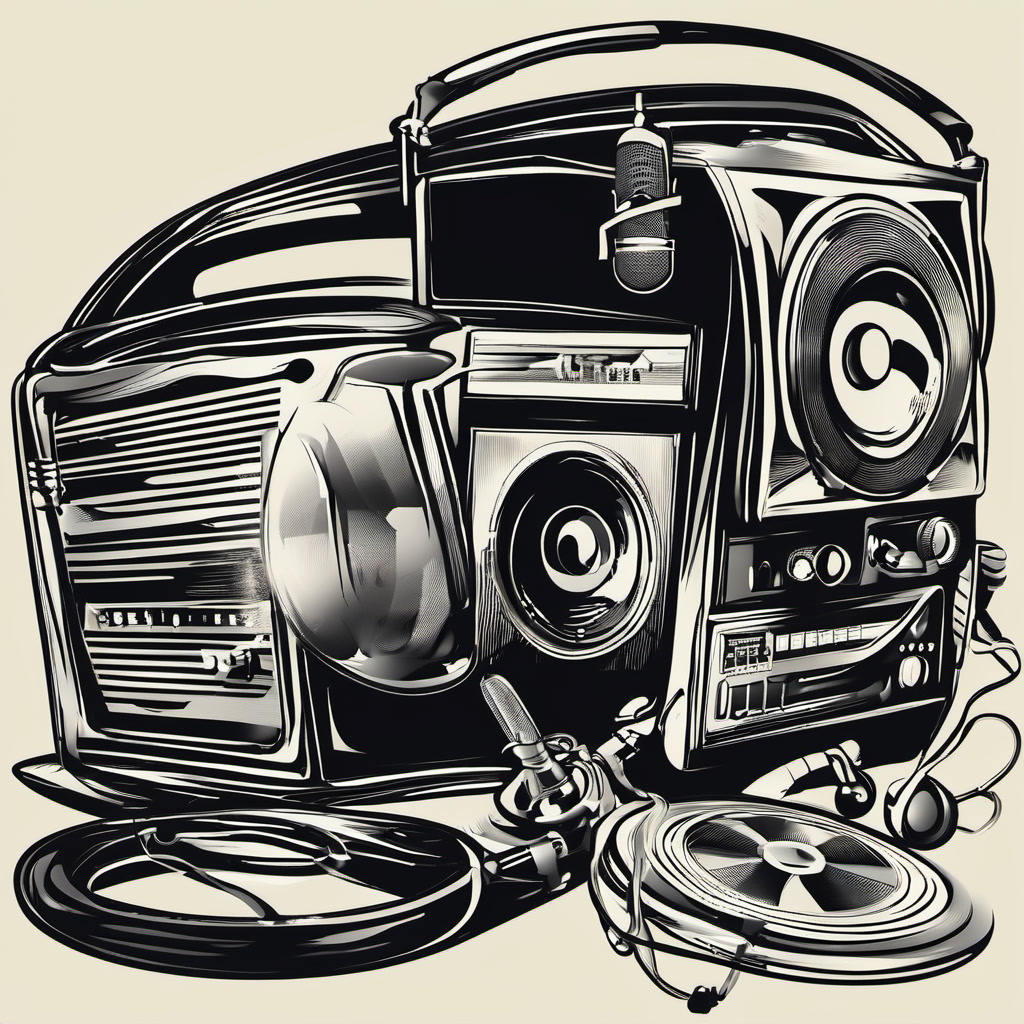


Hip Hop Hub Network
Hip Hop Hub Network: Welcome to the ultimate destination for hip hop artists, producers, and enthusiasts! Join our vibrant community to connect, collaborate, and elevate your craft. Whether you're looking to showcase your music, learn new skills, or network with industry professionals, the Hip Hop Hub Network has something for everyone. Get involved in events, workshops, and discussions that celebrate the culture and creativity of hip hop!
134
Posts
41
Members
3
Groups
Powered by
How to Get Your Music to Sound Better from Home
September 22, 2025


Improving the sound quality of music produced at home can be a rewarding yet challenging endeavor. This extensive guide will explore various aspects of home audio production to help musicians, producers, and hobbyists alike achieve a polished sound that rivals professional studios. It encompasses everything from understanding the acoustics of your workspace to the technical aspects of mixing and mastering.
1. **Understanding Acoustics**: The first step towards better sound is recognizing how the physical space affects audio. Sound waves bounce off walls, floors, and ceilings, creating reflections and interfering with the direct sound. Start by analyzing your room's dimensions and identifying problematic areas that cause excessive reverb or uneven frequencies. You can improve your space by using bass traps, diffusers, and absorptive panels to tame these reflections. This process may involve some experimentation to find the right placement for these acoustic treatments to ensure an optimal listening environment.
2. **Investing in Quality Monitors**: Your audio monitors are the most critical component of your home studio setup. Invest in a pair of studio monitors that suit your space and your mixing style. Flat response monitors are recommended as they provide a true representation of your mix, allowing you to make adjustments that translate well across various playback systems.
3. **Utilizing Headphones and Reference Tracks**: While studio monitors are vital, highquality headphones can also provide a good point of reference, especially for critical listening. Using reference tracks that you know well can help you gauge the mix's clarity and balance. Compare your music with professionally produced tracks to identify areas for improvement.
4. **Proper Gain Staging**: Gain staging is crucial for maintaining audio quality throughout the production process. Ensure that audio levels are properly managed at each stage of recording, mixing, and mastering to prevent distortion and clipping. This involves checking levels on your instruments, plugins, and the master bus to maintain headroom and clarity in your mix.
5. **Mixing Techniques**: Delve into various mixing techniques to enhance your sound further. Techniques such as EQ (equalization), compression, and panning can significantly affect the final product. Use EQ to carve out space for each instrument in the mix, ensuring clarity and definition. Compression can help control dynamics, adding punch to drums and smoothing vocals. Experiment with panning to create a stereo image that feels balanced and immersive.
6. **Mastering Your Music**: Mastering is the final step in the production process, and it plays a crucial role in preparing your music for distribution. This stage involves optimizing loudness, balancing frequencies, and ensuring that the track translates well across various platforms. Use mastering plugins judiciously to finalize your mix without compromising its quality. Understanding the loudness standards of different platforms (like streaming services) is also essential for achieving a competitive sound.
7. **Regularly Updating Skills and Equipment**: The world of music production is constantly evolving, with new techniques, plugins, and equipment being introduced regularly. Stay informed by following industry trends, participating in online forums, and taking courses to enhance your skills. Regularly assess your equipment and consider upgrades when necessary to keep up with advancements in technology.
8. **Feedback and Collaboration**: Sharing your music with peers and seeking feedback can provide valuable insights. Collaboration with other musicians can introduce you to new styles, techniques, and ideas that can enhance your sound. Constructive criticism can be instrumental in identifying blind spots in your work and pushing your skills further.
9. **Mental and Practical Workflow**: Establish a practical workflow that suits your creative process. Having a wellorganized session layout, naming conventions, and a consistent approach can significantly enhance your productivity and output quality. Additionally, maintaining a healthy mental space when creating music is essential; take breaks, stay inspired, and experiment without the fear of making mistakes.
10. **Final Thoughts**: Achieving a better sound from home is an ongoing journey that requires patience, practice, and a commitment to learning. By understanding acoustics, investing wisely in your equipment, honing your mixing and mastering skills, and remaining open to feedback, you can significantly improve the quality of your music. Remember, the ultimate goal is to enjoy the creative process while developing your unique sound.
Related Blogs
View All
Introducing the Hip Hop Hub Badge System: Get Featured and Boost Your Music! ??
Unlock Your Music Potential with the Hip Hop Hub Badge! ??
Introducing the...
October 5, 2024 04:10 AM

JOIN THE SUGARWATER TEAM!
JOIN THE SWR TEAM AND MAKE THE GOOD MONEY YOU NEED FROM HOME. THIS IS NO SC...
October 10, 2024 08:10 AM

? New Music Alert: Lost Soul Drops Defiant LP "I’m A… Lost Soul" – A Brooklyn Voice With Global Power
Brooklyn’s own Lost Soul drops his powerful new LP I’m A… Lost Soul — a har...
September 23, 2025 04:09 PM

Welcome to the Hip Hop Hub Network! ??
Join the Hip Hop Hub Network! This is your go-to community for sharing musi...
October 5, 2024 12:10 AM